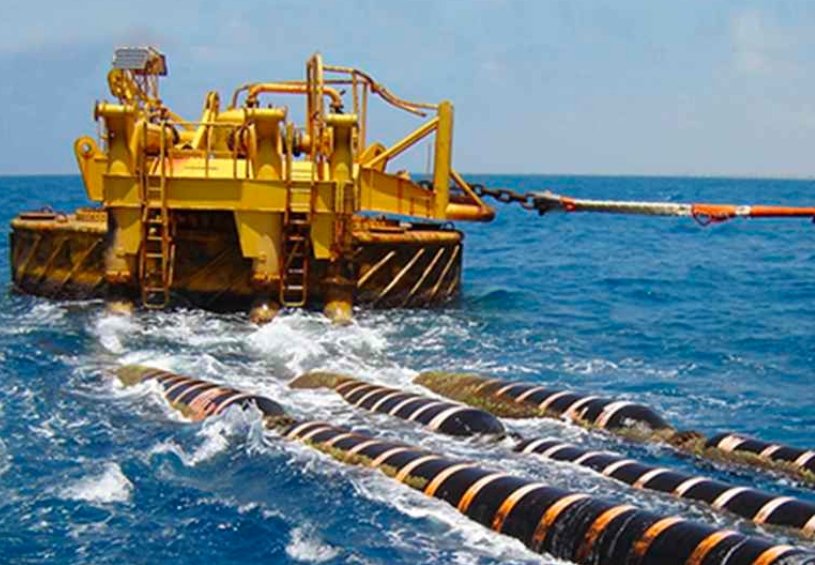SSEN Transmission has applied for a marine license to build a major 2 gigawatt power connection between Scotland and England. This Eastern Green Link 3 project, a joint effort with National Grid, aims to move renewable energy from north Scotland to high demand areas in England starting in the early 2030s.
The application went to the Marine Directorate on September 12, 2025. It covers the subsea cable parts in Scottish waters and the spot where it hits land. This step moves the project closer to reality as the UK pushes for more clean energy.
Project Details and Route
Eastern Green Link 3 will link Peterhead in Aberdeenshire to a site in west Norfolk. The cable will run mostly under the North Sea for about 680 kilometers. From there, it connects onshore in Lincolnshire at Anderby Creek.
This high voltage direct current line can carry 2 gigawatts of power. That equals enough electricity for around 2 million homes. It will help balance power supply by sending wind energy south when needed.
The full setup includes converter stations at both ends. Hitachi Energy won the bid in August 2025 to build them. These stations change power from alternating current to direct current for efficient long distance travel.

Why This Matters for UK Energy
The UK needs strong grids to meet net zero goals by 2050. Scotland produces lots of offshore wind power, but England has higher demand. Links like this prevent waste and cut fossil fuel use.
Recent storms showed grid weak spots. In 2024, high winds caused blackouts in parts of England. Projects like Eastern Green Link 3 aim to fix that by sharing power better.
It fits into a bigger plan. The government approved Eastern Green Link 2 in 2023, another 2 gigawatt connection. Together, these could power millions more homes with green energy.
Here are key benefits of the project:
- Boosts energy security by linking regions.
- Supports jobs in construction and tech.
- Cuts carbon emissions from power generation.
- Helps meet rising electric vehicle and heat pump demands.
Timeline and Next Steps
Officials expect a decision on the license within 12 months. If approved, building could start in 2027. The link might go live by 2032.
Public input played a big role. SSEN held events in Peterhead and online in May 2025. They gathered feedback on environmental impacts.
The team must also get permits for English parts. National Grid handles that side. Full approval depends on regulators like Ofgem.
| Milestone | Expected Date |
|---|---|
| License Application | September 2025 |
| Decision on License | By September 2026 |
| Construction Start | 2027 |
| Operational | 2032 |
Challenges and Concerns
Not everyone supports it. Some worry about effects on sea life and fishing. The cable route avoids busy shipping lanes, but studies check for harm to marine animals.
Costs are another issue. The project might cost billions. SSEN and National Grid say it will pay off by lowering energy bills long term.
Similar projects faced delays. Eastern Green Link 4 is in early talks and could add another 2 gigawatts. Lessons from past builds help speed things up.
Environmental groups back it for cutting emissions. A 2025 report from WindEurope noted offshore wind could supply 30 percent of UK power by 2030 with better grids.
Broader Impact on Renewables
This link ties into global trends. Europe builds more subsea cables for green energy trade. Norway and the UK linked up in 2021 with a similar setup.
In the US, east coast states plan offshore wind grids. These efforts fight climate change by replacing coal and gas.
For Scotland, it means more income from renewables. The north has top wind spots, but needs ways to export power.
What do you think about this project? Share your views in the comments and spread the word on social media to join the talk on UK’s energy future.


















